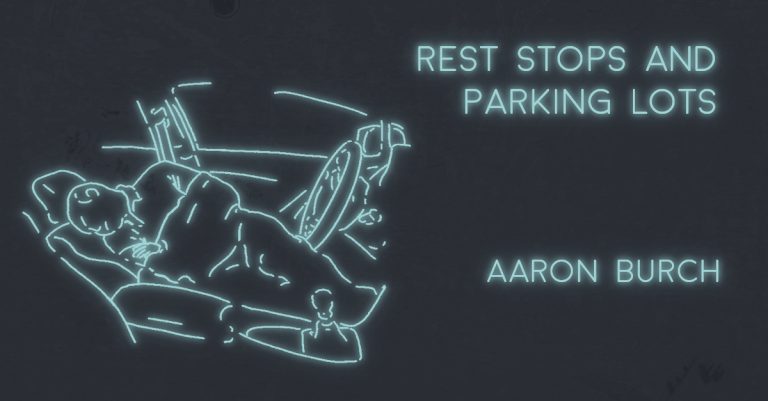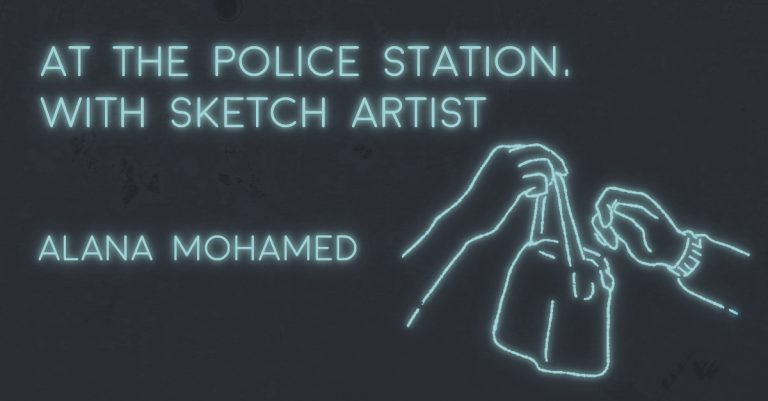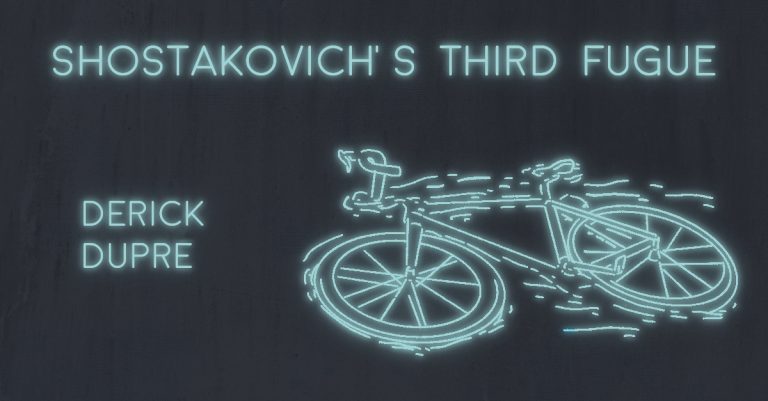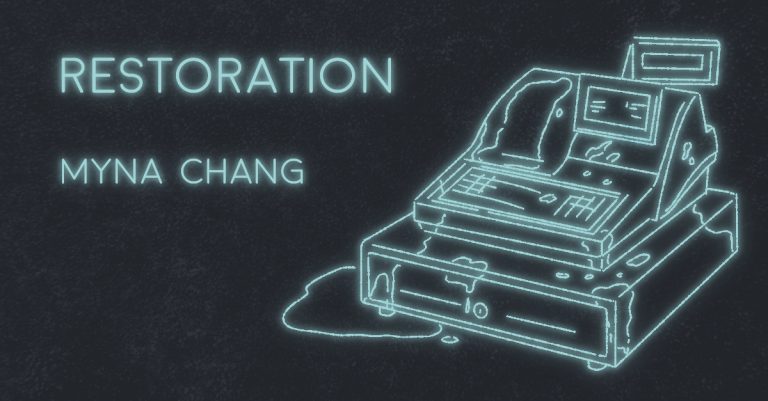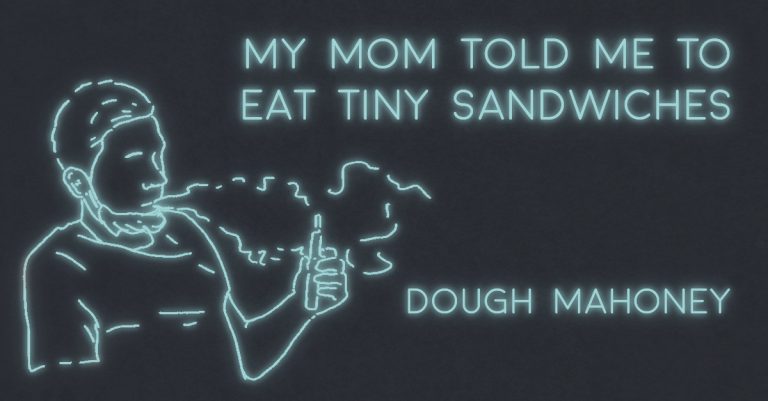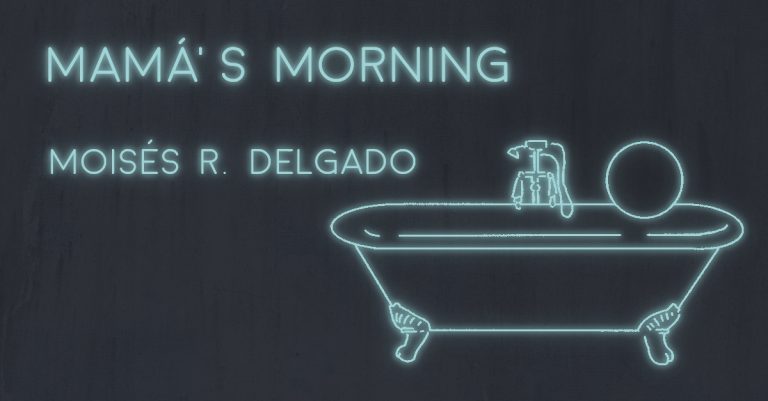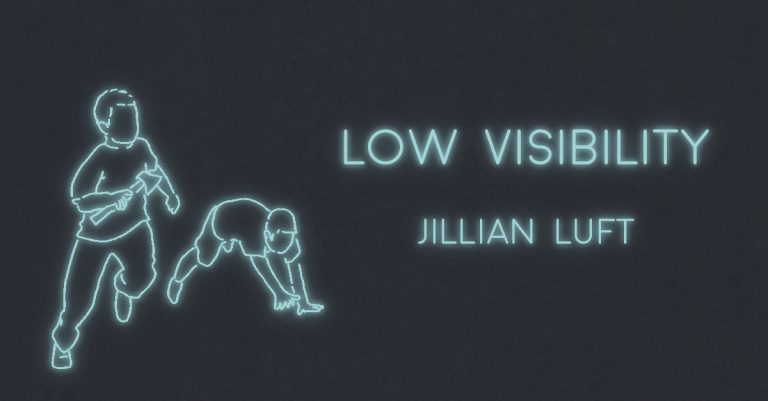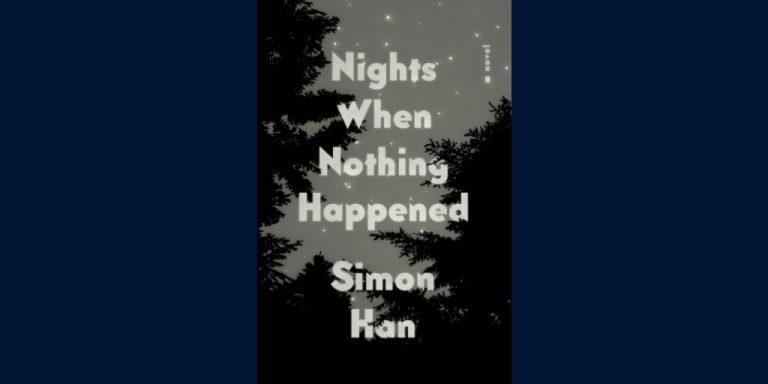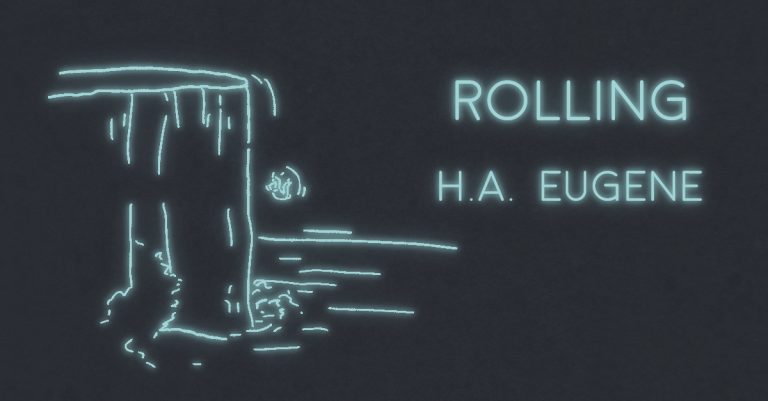
ROLLING by H. A. Eugene
The day came when he didn’t know what else he could possibly do, so he climbed up a great hill and lied down on top of it. And then he started rolling. He accelerated, faster and faster, and after a few exhilarating bangs and bumps, found himself, once again, at the bottom. But he didn’t stop there. He kept on rolling—through the woods and into town. Eventually he rolled into the city, underneath the highway that bisected its sprawling map, past the train tracks, and beyond the outlet stores that marked the suburb’s edge. Rolling, rolling, rolling. Until houses changed

